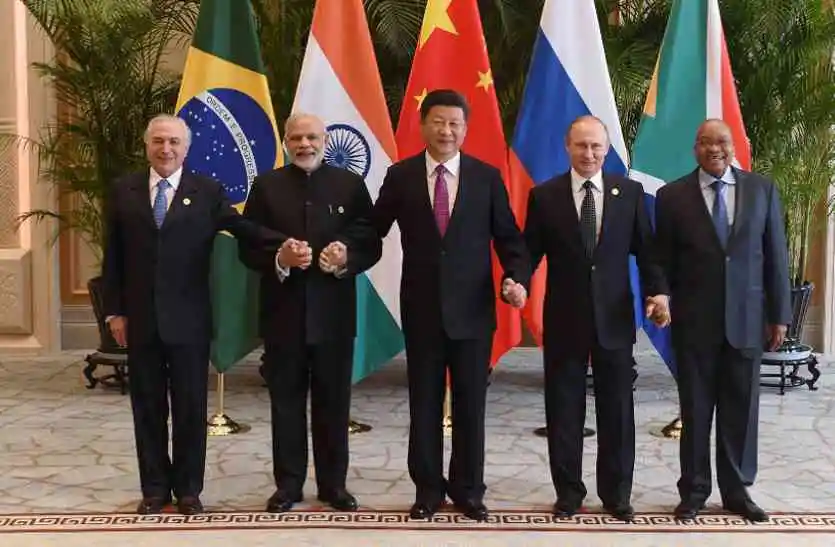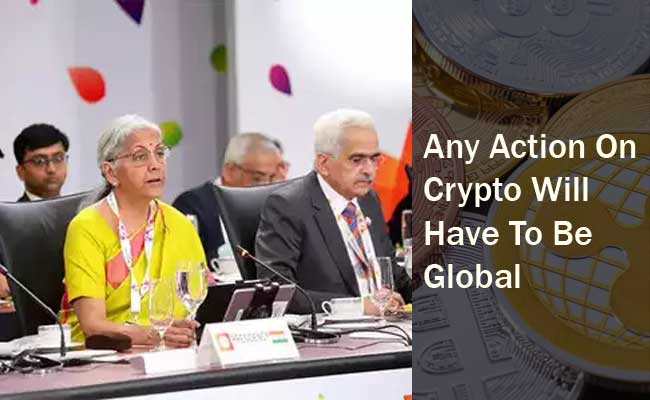Indian Foreign Policy: India’s foreign policy plays a crucial role in shaping its position on the global stage. With a rich history, diverse culture, and a strategic geographical location, India has established itself as a major player in international relations. This article explores the key aspects of India’s foreign policy, highlighting its principles, objectives, and challenges, as well as its role in the evolving global landscape.
I. Guiding Principles:
Non-Alignment and Strategic Autonomy India’s foreign policy is rooted in the principles of non-alignment and strategic autonomy. Non-alignment, a legacy of the Cold War era, emphasizes India’s commitment to maintaining its independence and avoiding entanglement in power blocs. Strategic autonomy ensures that India can pursue its national interests while engaging with multiple countries and regional groupings, fostering partnerships based on mutual respect and shared objectives.
II. Indian Foreign Policy Objectives:

Security, Economic Diplomacy, and Soft Power India’s foreign policy objectives are multi-dimensional, with a focus on security, economic diplomacy, and projecting soft power. Security concerns drive India’s engagement with countries in its neighborhood and beyond, seeking stability and cooperation. Economic diplomacy aims to foster trade, investment, and technology partnerships, enabling India’s economic growth and development. Additionally, India uses its rich cultural heritage, Bollywood, and yoga diplomacy to enhance its soft power and influence globally.
III. Regional Dynamics:
South Asia and Beyond India’s foreign policy pays particular attention to its immediate neighborhood, South Asia. With countries like Pakistan, Bangladesh, Nepal, Sri Lanka, and Bhutan, India aims to foster regional stability, economic integration, and connectivity through initiatives like the South Asian Association for Regional Cooperation (SAARC) and the Bay of Bengal Initiative for Multi-Sectoral Technical and Economic Cooperation (BIMSTEC). Additionally, India actively engages with Southeast Asia, East Asia, and the Middle East, forging stronger economic and strategic ties.
IV. Indian Foreign Policy Global Engagements:

Multilateralism and Bilateral Relations India’s foreign policy extends to the global arena through its active participation in multilateral organizations such as the United Nations, World Trade Organization, and G20. As the world’s largest democracy, India seeks reforms in global governance to reflect contemporary realities. Furthermore, India nurtures strategic partnerships with countries like the United States, Russia, Japan, France, and Israel, fostering cooperation in defense, technology, and energy sectors.
V. Challenges and Opportunities:
India’s foreign policy faces several challenges. Ongoing border disputes with China, terrorism emanating from Pakistan, and regional power dynamics pose significant hurdles. Furthermore, addressing climate change, ensuring energy security, and managing migration are pressing global issues that India must navigate. However, India also has opportunities to enhance its influence through initiatives like the Indo-Pacific concept, promoting connectivity projects like the International North-South Transport Corridor, and expanding cultural and educational exchanges.
India’s foreign policy is characterized by its non-aligned stance, strategic autonomy, and pursuit of security, economic diplomacy, and soft power. While India faces challenges, it continues to actively engage in regional and global affairs, promoting stability, economic growth, and addressing pressing global issues. As India’s influence grows, its foreign policy will play a vital role in shaping its relationships and positioning on the world stage, reflecting its status as a rising global power.
Read Also: Regional Political Parties in India
![]()






One thought on “Indian Foreign Policy”